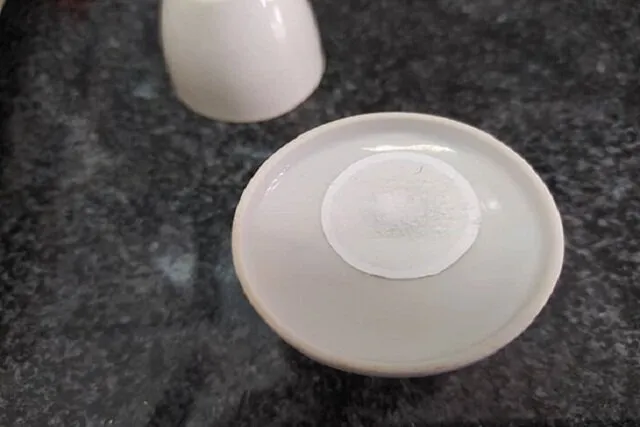Iranian Researchers Develop Filters to Monitor Crystalline Silica Particles while Air Quality Analysis

"Production of air pollutant sampling filters inside the country has been limited due to some reasons, in the meantime, the sampling filters' import has also been difficult due to economic sanctions and foreign currency fluctuations. Therefore, we are witnessing the shortage of the mentioned filters and also increase in the price of this widely used product in the country," Dr. Somaiyeh Farhang Dehghan, a professor at the Faculty of Health and Safety of Shahid Beheshti University of Medical Sciences, said, according to the SBU public relations department.
She considered Iran as one of the top countries in the world in the field of nanotechnology, adding her team has launched the production of nanofiber filters on industrial scale for use in air, water and sewage, automobiles filters and face masks inside the country and exporting them overseas.
The SBU professor also said that they started producing air quality monitoring filters to prevent the costly import of the product to help the country amid the economic sanctions as one of their goals.
She further said that their produced filters have met international industrial hygiene and safety standards such as SKC and Inc.
According to her, crystalline silica air quality filters for workplaces has received the permission from the National Nano Headquarters.
Farhang underscored that identification of chemical pollutants in the air of workplaces is one of the duties of occupational health engineers adding, “In identifying and analyzing the amount of chemicals in the air of workshops, there is a stage called sampling, which is of particular importance.”
The particulate pollutants are collected directly on the filter, which is prepared and subjected to machine analysis in order to quantitatively and qualitatively identify pollutants according to standard methods.
According to her, on the basis of these samplings, the necessary tests for quantitative and qualitative identification of air pollutants will be carried out and the obtained results will be used to do the next measures, i.e. control the risk of chemical pollutants.
Farhang pointed out that among the types of dust that are released, silica dust is known as a very dangerous substance in the workplaces, noting that the International Agency for Research on Cancer (IARC) has classified this substance into the second group of carcinogenic substances.
The professor also said that the standard filter that is used in the sampling of crystalline silica in the workplace is made of Polyvinyl Chloride (PVC).
According to the researcher, nano fibers are widely used in research due to their distinguishing physical and chemical properties.
“Currently, PVC filters are used in universities and companies providing occupational health and environmental services, laboratories for analyzing air pollution, research centers related to air pollution, and health centers working with universities of medical sciences,” Farhang said.
According to the professor, their research team has asked for the health ministry’s license to fund their crystalline silica filters project to produce them at large extent.
4155/i





















